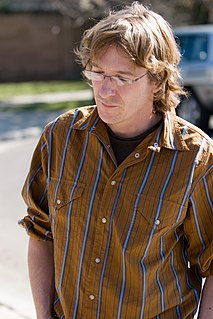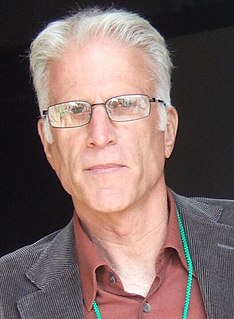A Quote by Robert Zubrin
If the auto companies were free agents, they would act to break the fuel monopoly that is so damaging to their own interests and those of their customers. But they are not, and so they won't.
Related Quotes
If you were charged with fixing the U.S. auto industry, how would you do it?
The guys who run the auto companies are out of touch with their customers and their employees. They ride to work in their limousines. They go up in their elevators and lock themselves in their offices. They don't walk out into the plants. They wouldn't even drive in the neighborhoods where their employees live. They give themselves big bonuses when the company isn't making any money. I'd make them get involved with the people who are building the cars. They've got to become real people.
Imagine if the pension funds and endowments that own much of the equity in our financial services companies demanded that those companies revisit the way mortgages were marketed to those without adequate skills to understand the products they were being sold. Management would have to change the way things were done.
We can't change the fossil fuel companies' behavior in isolation from the rest of the industrial system. As long as they have customers, they're going to continue to operate, whether or not we divest of their stock. However, divesting might be helpful in terms of disrupting the story that what these companies do is perfectly okay. This situation differs from apartheid in a key regard though: racial equality in South Africa was no threat whatsoever to capitalism as we know it. Ending the fossil fuel era is a much deeper change.
Unable to maintain their government-granted monopoly, the powerful railroad
interests turned to government to do the regulating and price-fixing which they
were unable to do themselves. In fact, the pressure that induced Congress to
enact the Interstate Commerce Act of 1887 did not come from reformers bemoaning
abuses by the powerful railroad interests; it came from the railroad interests
themselves, asking Congress to shield them against the harsh winds of
competition.
When virtue is banished, ambition invades the minds of those who are disposed to receive it, and avarice possesses the whole community. The objects of their desires are changed; what they were fond of before has become indifferent; they were free while under the restraint of laws, but they would fain now be free to act against law.
Once you say you're going to have to tax them coming in, and our politicians never do this, because they have special interests and the special interests want those companies to leave, because in many cases, they own the companies. So what I'm saying is, we can stop them from leaving. We have to stop them from leaving.
In the whole history of capitalism, no one has been able to establish a coercive monopoly by means of competition in a free market...Every single coercive monopoly that exists or ever has existed...was created and made possible only by an act of government...which granted special privileges (not obtainable in a free market) to a man or a group of men, and forbade all others to enter that particular field.




































